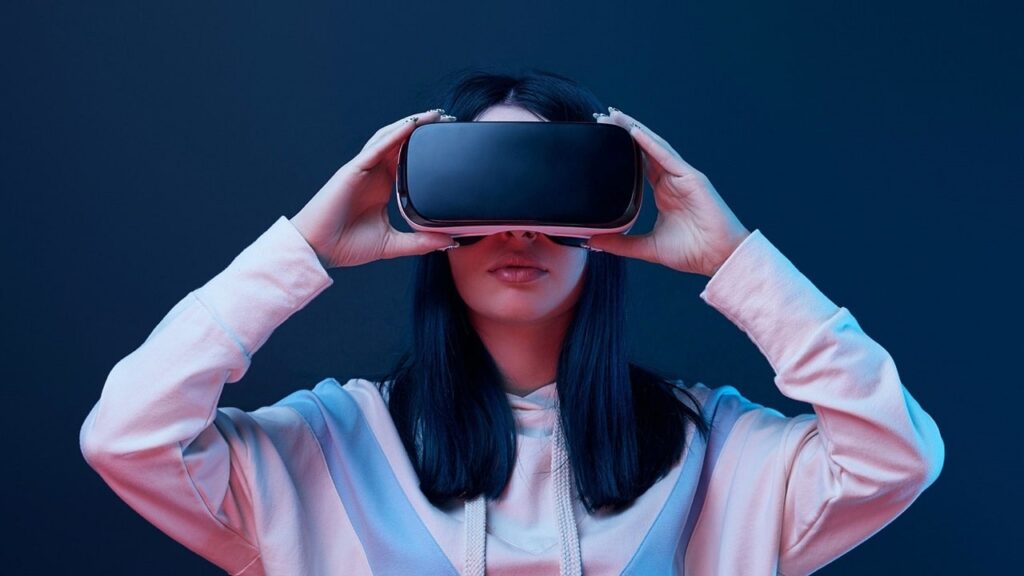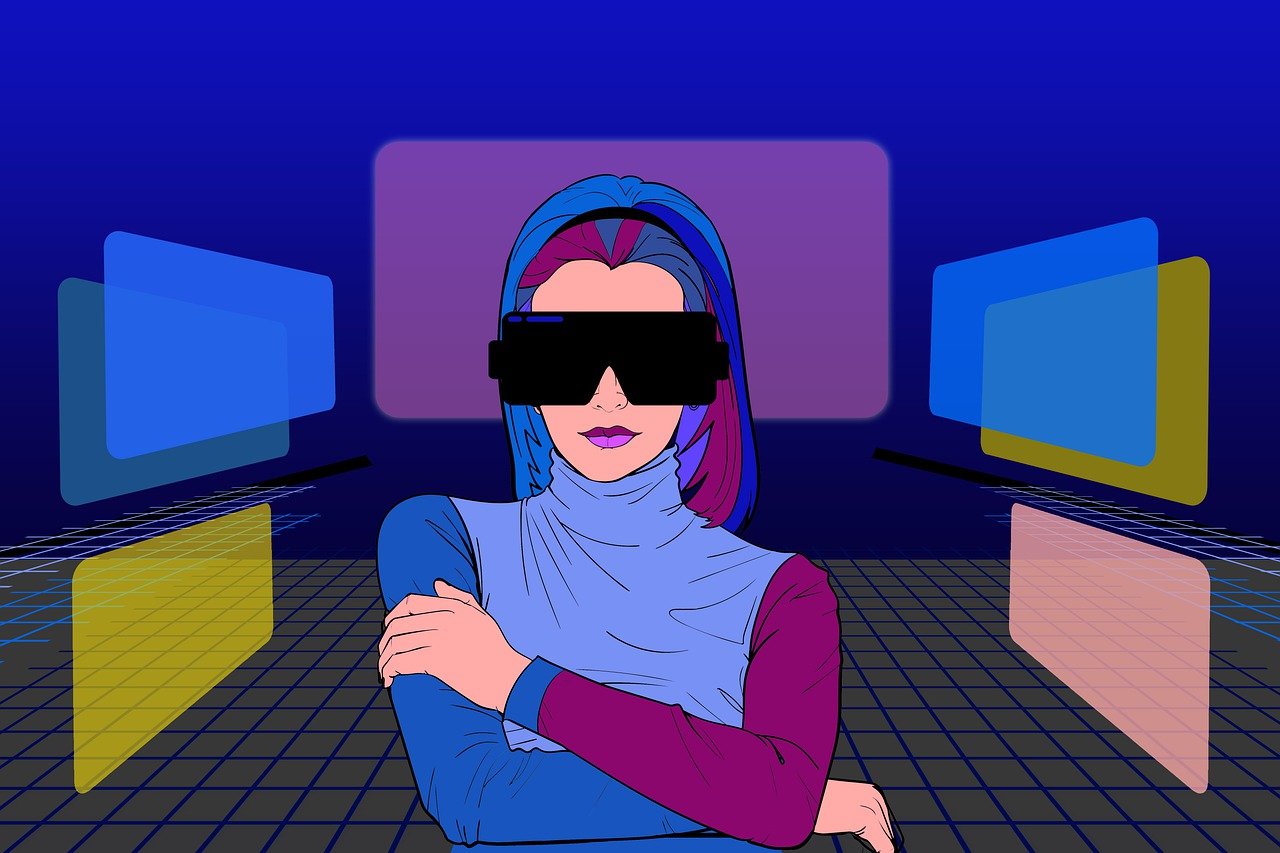It is still not clear what the metaverso. Each company paints it with different colors, while the public welcomes it with a certain diffidence. Yet, despite this precariousness, the metaverse and, more generally, digitization are already present altering family dynamicssuggesting a “cyborg” future in which society veers towards transhumanism.
Life, family, the metaverse and all
I “Tamagotchi children”, this is the somewhat provocative terminology with which Catriona Campbell, author of AI by Design: A Plan For Living With Artificial Intelligence, summarized the future of the home over the next 50 years. The researcher, interviewed by The Guardian, suggests that parents may decide to raise digital children in a way completely similar to what in the nineties was proposed by the well-known electronic device, the Tamagotchi, in fact.
Procreation, gestation, weaning and education, the family of tomorrow will be able to do everything directly in the metaverse, relying on deep immersive technologies ranging from virtual reality goggles to gloves that simulate tactile feedback, so that the virtual infant can not only be seen, but also caressed and cared for. Campbell hypothesizes that the computerized pedoculture service can be usable through subscription systems, but also that relying on these internet fetishes can represent a solution to global overpopulation, as well as an economic alternative through which to develop emotional bonds.

Not only life, but also death
The British interview focuses on decidedly over the top, sensationalistic tones, however the concept of a technological development capable of creating fictitious infants could also guarantee implications that go beyond the commercial, realities that have concrete possibilities of offer therapeutic and psychological benefits. Perhaps. The scientific context is as of now split on the evaluation of the real benefits of digital surrogates.
A pragmatic example of this clinical dimension was the case of South Korean Jang Ji-sung, a woman whose daughter died at the age of seven due to severe blood cancer. To overcome the grief, to emotionally take leave of her missing offspring, she Jang was equipped with a virtual reality headset and gloves with motor feedback so that she could “Rejoining” temporarily with a virtual simulacrum of one’s childjust long enough to say goodbye.
To be fair, Jang did not follow a purely clinical path, the whole experience was piloted by South Korean television to create the documentary Meeting You, a blatant entertainment service that, however, does not invalidate an underlying reality: the strong feelings Jang developed at the time were absolutely real.
The family and the political space of the metaverse
The virtual, however, does not extend only to the “fictitious”, but can also be read as a reflection of the factual world. Last May, a couple from the United Arab Emirates celebrated what is often referred to as the first marriage ceremony of the metaverse. Florian Ughetto and Liz Nunez have in fact sealed their union on the Decentraland blockchain universe, with the signing of the formal contract that was resolved through the “smart” bureaucracy, by sliding a stylus on the surface of a tablet. The wedding rings took the form of NFT and the ceremony took place almost entirely online.
A similar path was also announced by the couple formed by the football player Kevin-Prince Boateng and by the model Valentina Fradegrada, who in turn are planning a union – decidedly more social – strongly centered on the NFT universe. The event will be consumed on the OVER metaverse portal, with the future family who will disseminate a limited edition series of NFTs.

Holograms and funeral bequests
In the “distant” 2018, the Japanese Akihiko Kondo unofficially married the celebrity Hatsune Miku. The only catch: Miku doesn’t exist except in the form of a hologram. His wife “lives” in a jar with the vague appearance of a snack dispenser. At the same time, holograms and deep fake systems have been used to bring relatives and loved ones back to life, while artificial intelligences have also been exploited to resurrect the “soul” of the departed. All these resources are the subject of continuous debates – political, administrative and scientific -, however they demonstrate in fact how the concept of human relationship is changing shape, dressing in a digital dimension that, for better or for worse, will be an integral part of a transhumanism that it is already present in our lives.















Leave a Reply
View Comments